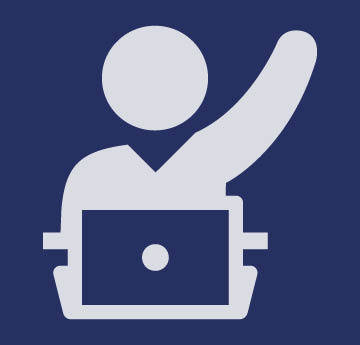Preparation is a key ingredient for an interview
Getting your preparation right is the best way to reduce nerves and to ensure that you perform well on the day.
Key aspects of preparation are:
- What the employer is looking for: understanding what the employer is looking for and how you meet the criteria specified. Go back to those initial three questions (Can you do the job? Will you do the job? Will you fit in?) Think about the skills and experience you have and how they link into the position you are interviewing for.
- Commercial awareness: what is the nature of their business? By understanding the culture, customers, marketplace and who their competitors are will give you the winning edge.
- Knowing the details of your interview: what is expected – a presentation, test or interview, what time it is taking place, location, travel, contact details in case of a problem. Like the old adage says “Fail to prepare, prepare to fail”.


